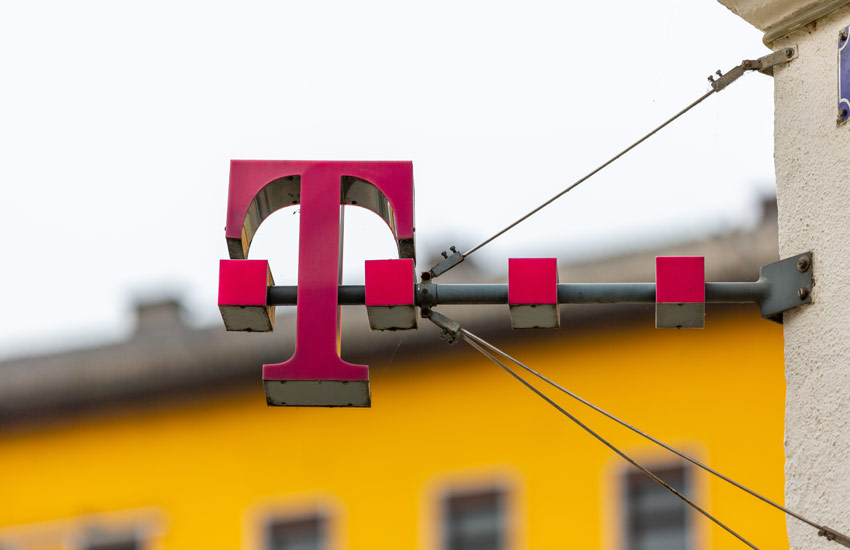Last April, we reported that Deutsche Telekom had made a ‘significant’ purchase of the Celo public blockchain’s cryptocurrency CELO. Celo is targeting mobile payments and decentralized finance (DeFi) with a particular emphasis on the underbanked. As Celo is a proof of stake blockchain, Deutsche Telekom delegates or stakes its CELO on validator nodes operated by its subsidiary T-Systems MMS. Today it was announced that Andreessen Horowitz (a16z) has also delegated its CELO tokens to T-Systems operated validators.
This is news because staking services is an innovative new business model for traditional telecoms firms. Startups run most staking services.
The original public blockchains such as Bitcoin and Ethereum used the energy-hungry proof of work to protect the blockchain from spam transactions. Modern blockchains often use proof of stake for security which uses cryptocurrency rather than energy to protect against attackers. If a staking node malfunctions or misbehaves, some of the cryptocurrency staked could be slashed or lost. Hence the need for technical know-how.
“Electing a diverse set of globally distributed validators is critical to maintaining a blockchain network that is secure and technically robust,” said Katie Haun, general partner at Andreessen Horowitz. “We partnered with Deutsche Telekom because their incentives align with Celo’s vision of building a global payment platform that can be used by anyone with a mobile phone.”
That diversity is important because most staking services are hosted by cloud providers such as Amazon AWS, Microsoft’s Azure and Google Cloud, and hosting service Digital Ocean. That concentration is a weakness for a decentralized blockchain.
Those that stake their currency earn a return that can be as high as 13%. And T-Systems MMS is paid to operate the validator nodes in the Celo stablecoin cUSD. Given that a16z has invested in startups that run validating nodes such as Anchorage, it’s a compliment that it is using T-Systems MMS.
“After Chainlink and Flow, Celo is the third public blockchain network that we actively support with infrastructure,” said Dr Andreas Dittrich, Head of the Blockchain Solutions Center at T-Systems MMS. “Public blockchains are the future of value-based collaboration. Our strategic cooperation with a16z and their significant investment in Celo reinforces our ambition to actively shape this future.”






